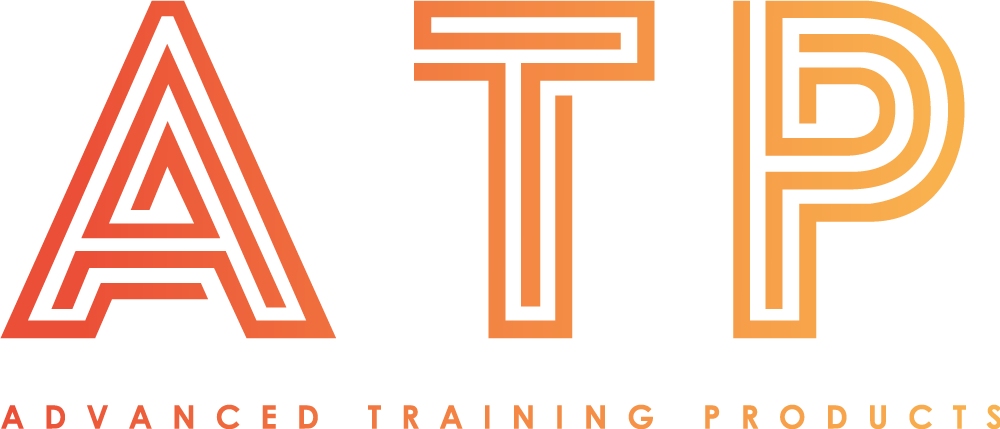White Papers and Press Releases
At Advanced Training Products, we're committed to empowering organizations with the knowledge and tools they need to create safer, healthier workplaces. Our thought leadership resources provide valuable insights into a range of topics, including:
- Total Worker Health® initiatives
- Workplace impairment prevention
- Reasonable suspicion protocols
- Cannabis legalization and its impact on the workplace
Stay informed and stay ahead with our expert analysis and actionable advice.
Keep up with the latest industry news through our press releases below.
Conducting Regular Impairment Screenings: A Proactive Approach to Workplace Safety and Well-being
Regular impairment screenings offer several key benefits:
- Early Identification: Identifies signs of impairment early on when interventions are most effective in preventing escalation and promoting recovery.
- Targeted Support: Allows organizations to provide targeted support and resources to affected employees, promoting their well-being and productivity.
- Safety Enhancement: Proactively reduces the risk of accidents, injuries, and workplace violence, enhancing overall workplace safety.
- Legal Compliance: Demonstrate due diligence and compliance with regulatory requirements.
Types of Impairment Screenings: Various types of impairment screenings can be employed, depending on the specific needs and context of the workplace:
- Self-Assessment Questionnaires: Allow employees to self-assess their physical, mental, and behavioral health can identify potential concerns.
- Performance-Based Assessments: Evaluating employee performance metrics, such as productivity, attendance, and error rates, can reveal potential signs of impairment.
- Behavioral Observations: Managers and colleagues can observe employees' behavior for signs of impairment, such as mood swings, irritability, or changes in communication patterns.
Ensuring Sensitivity and Non-discrimination: Screenings must be conducted in a sensitive and non-discriminatory manner to protect employee privacy and foster a culture of trust. Key considerations include:
- Informed Consent: Obtaining informed consent from employees before conducting screenings is crucial to ensure their understanding and willingness to participate.
- Confidentiality: Maintaining strict confidentiality regarding screening results and protecting employee privacy is essential to avoid stigmatization and encourage open communication.
- Non-discriminatory Practices: Ensuring that screenings are conducted fairly and without bias, preventing any form of discrimination based on individual characteristics or protected groups.
Certain states like New Jersey have established the role of the Workplace Impairment Recognition Expert ("WIRE") to help address these issues. Advanced Training Products offers an innovative solution: WIRE Certified Training™.

